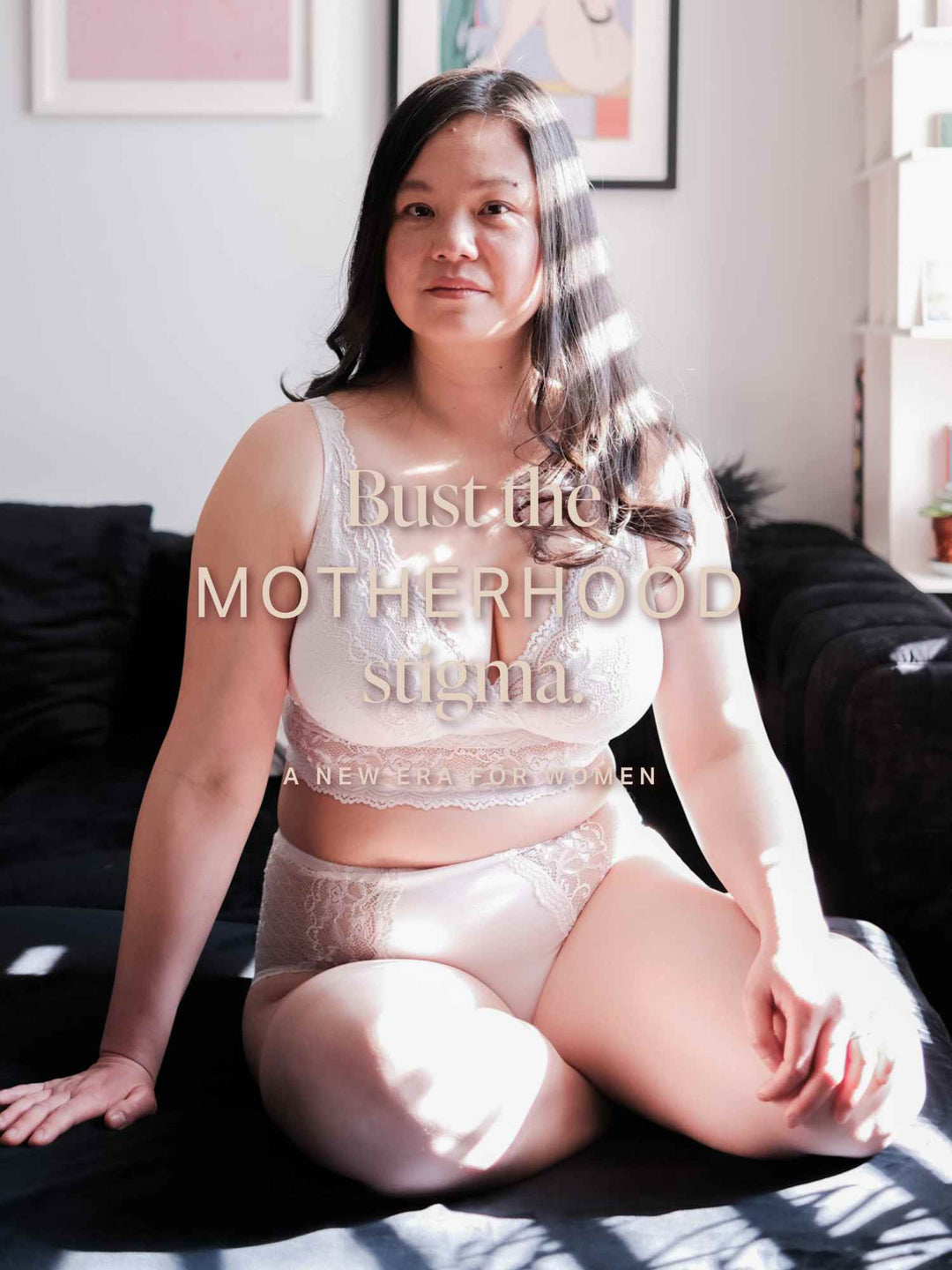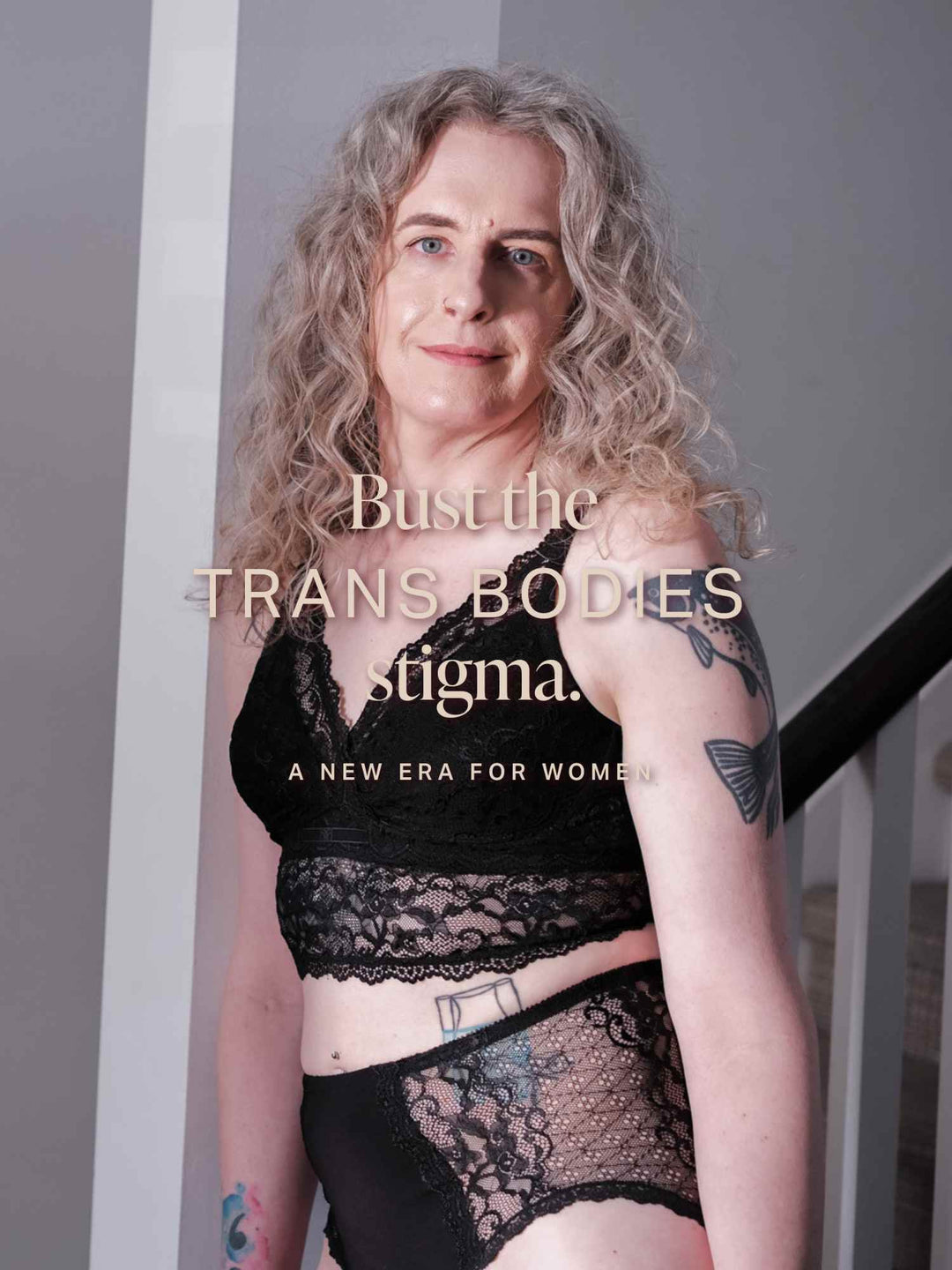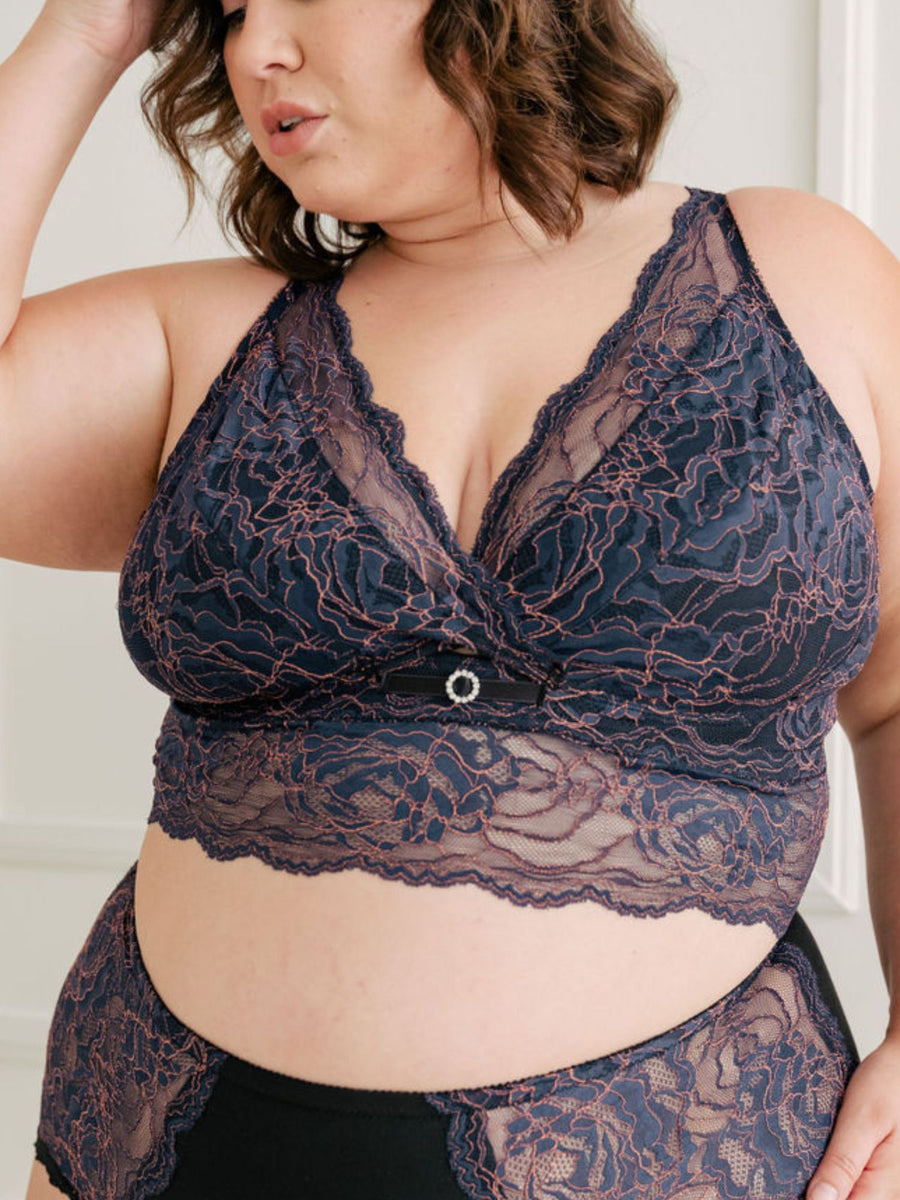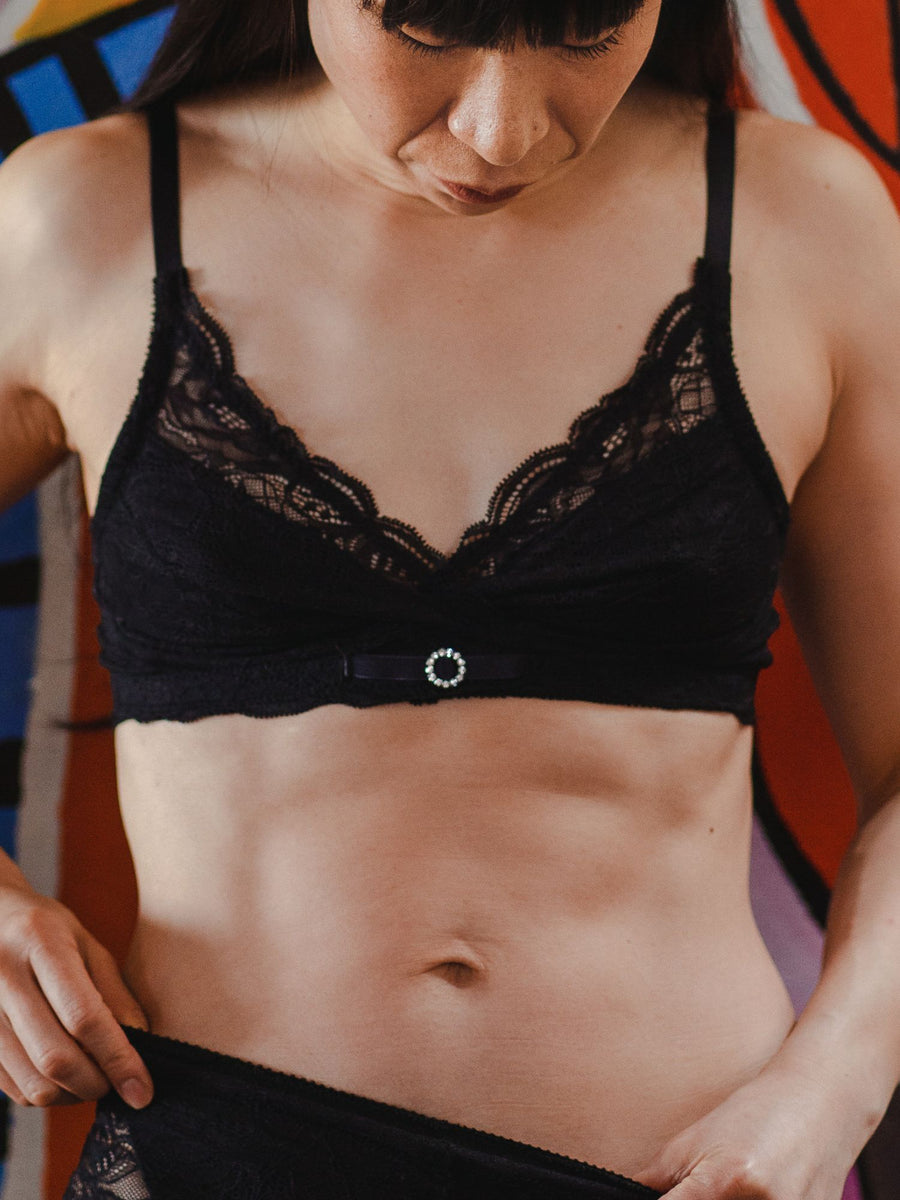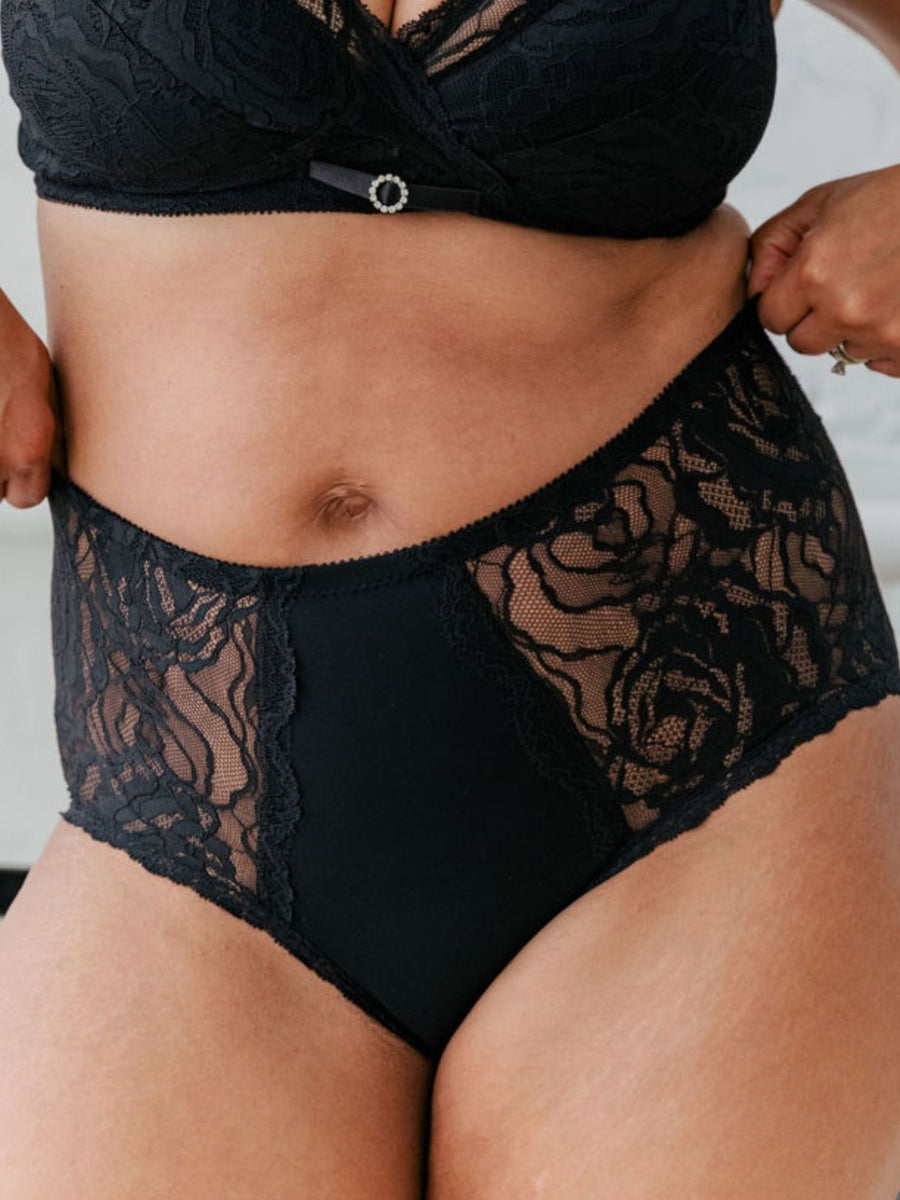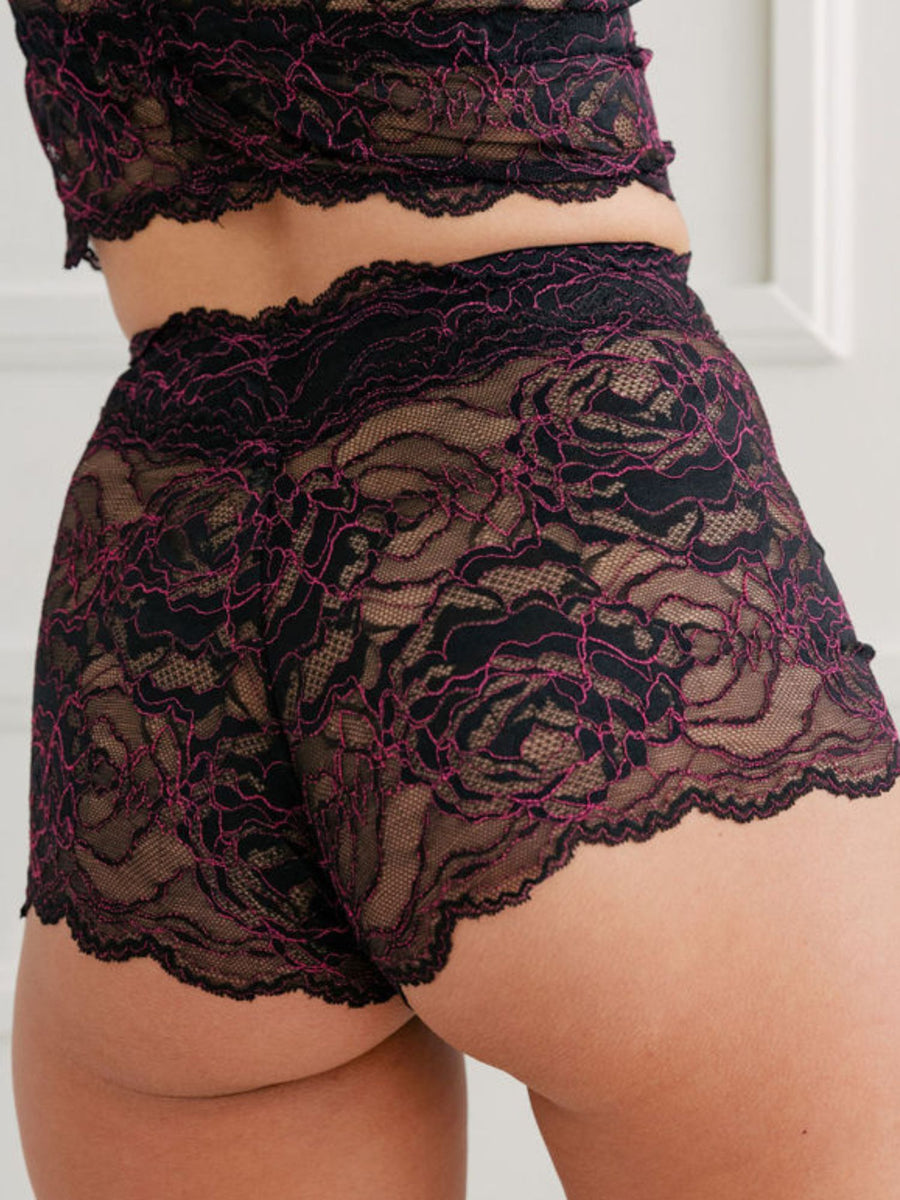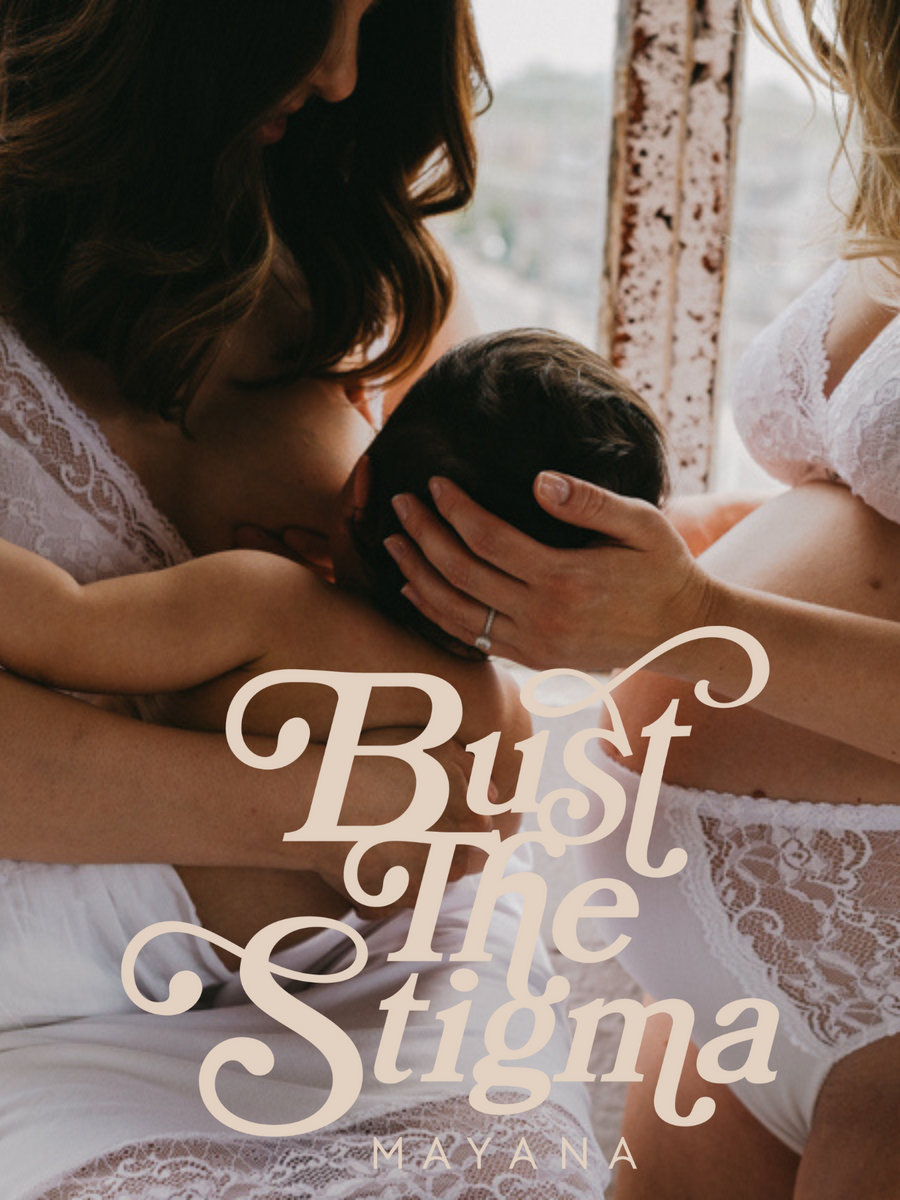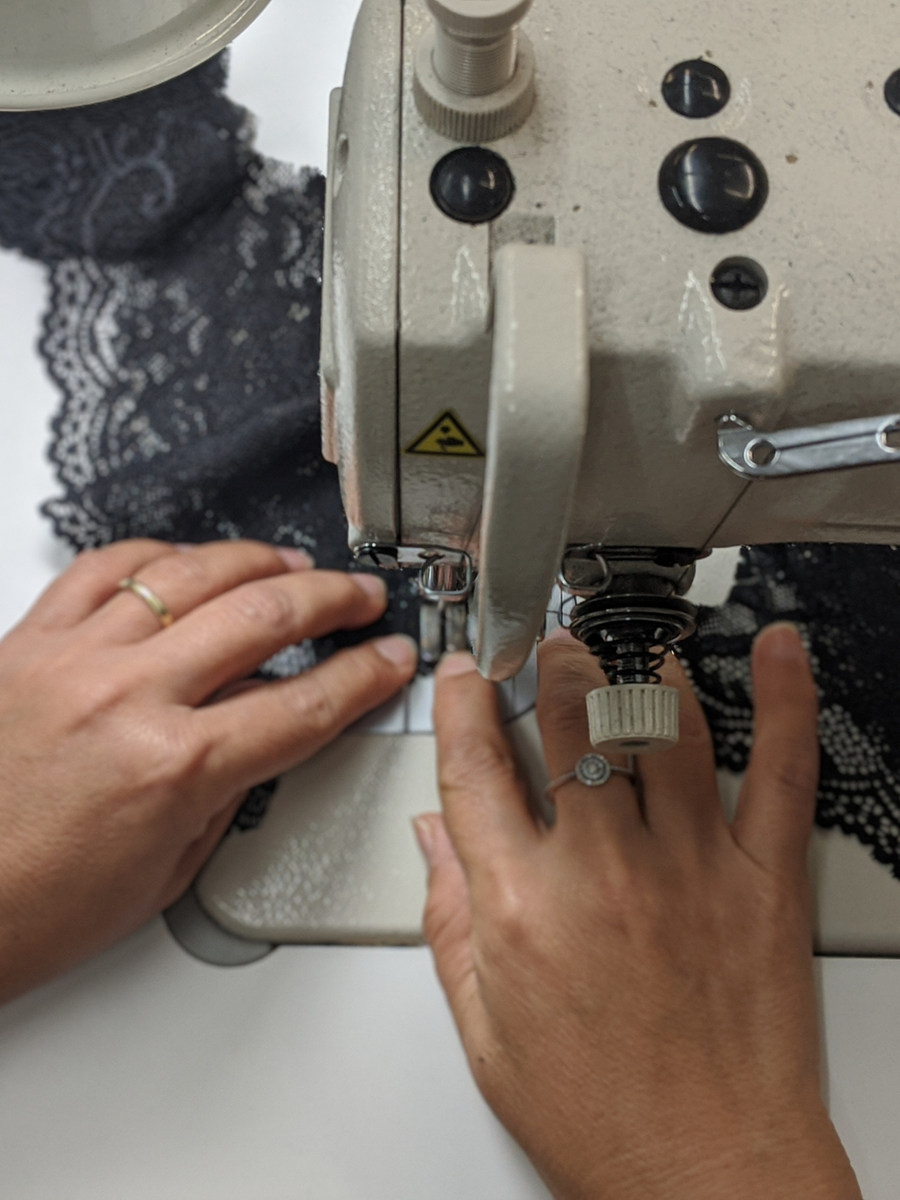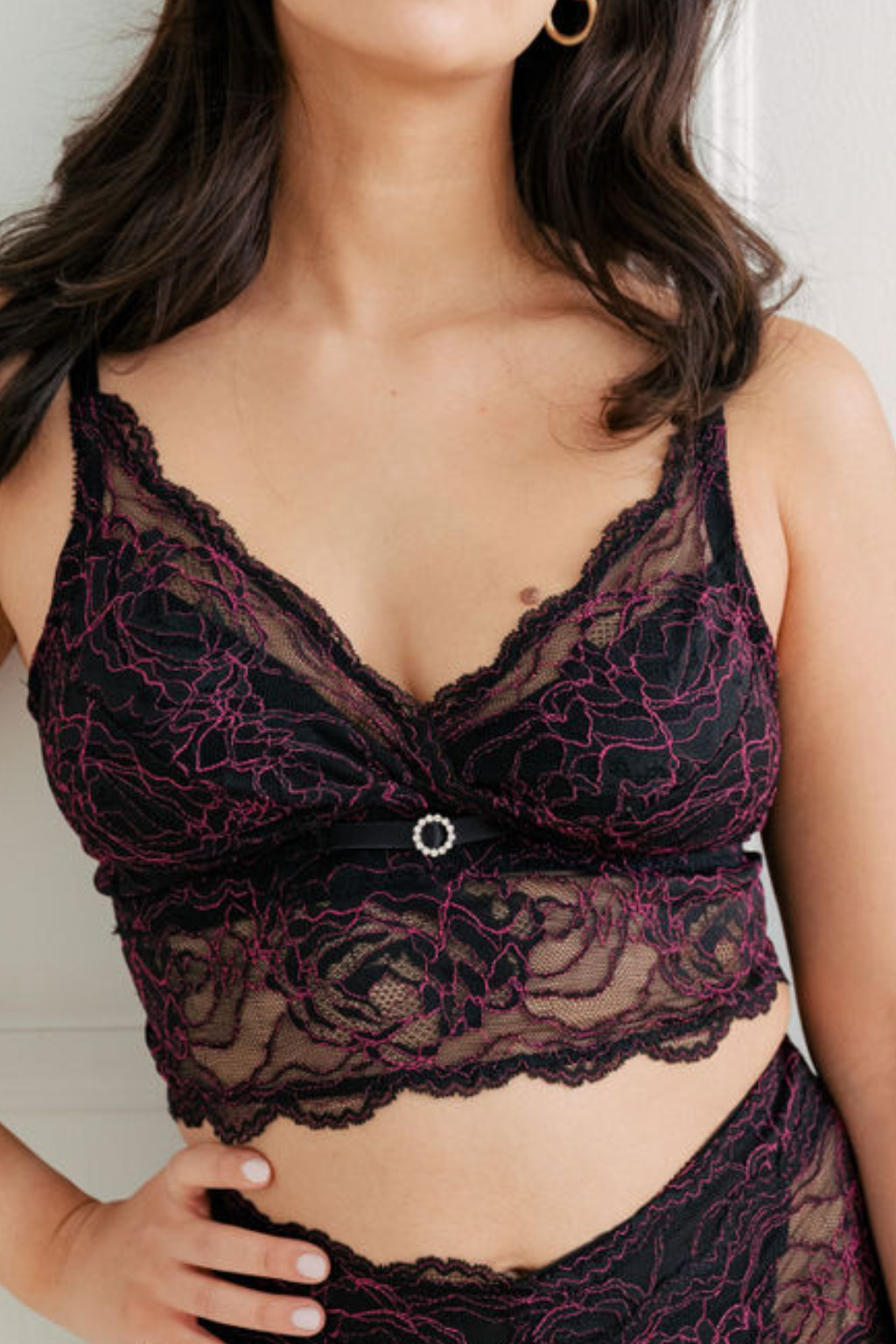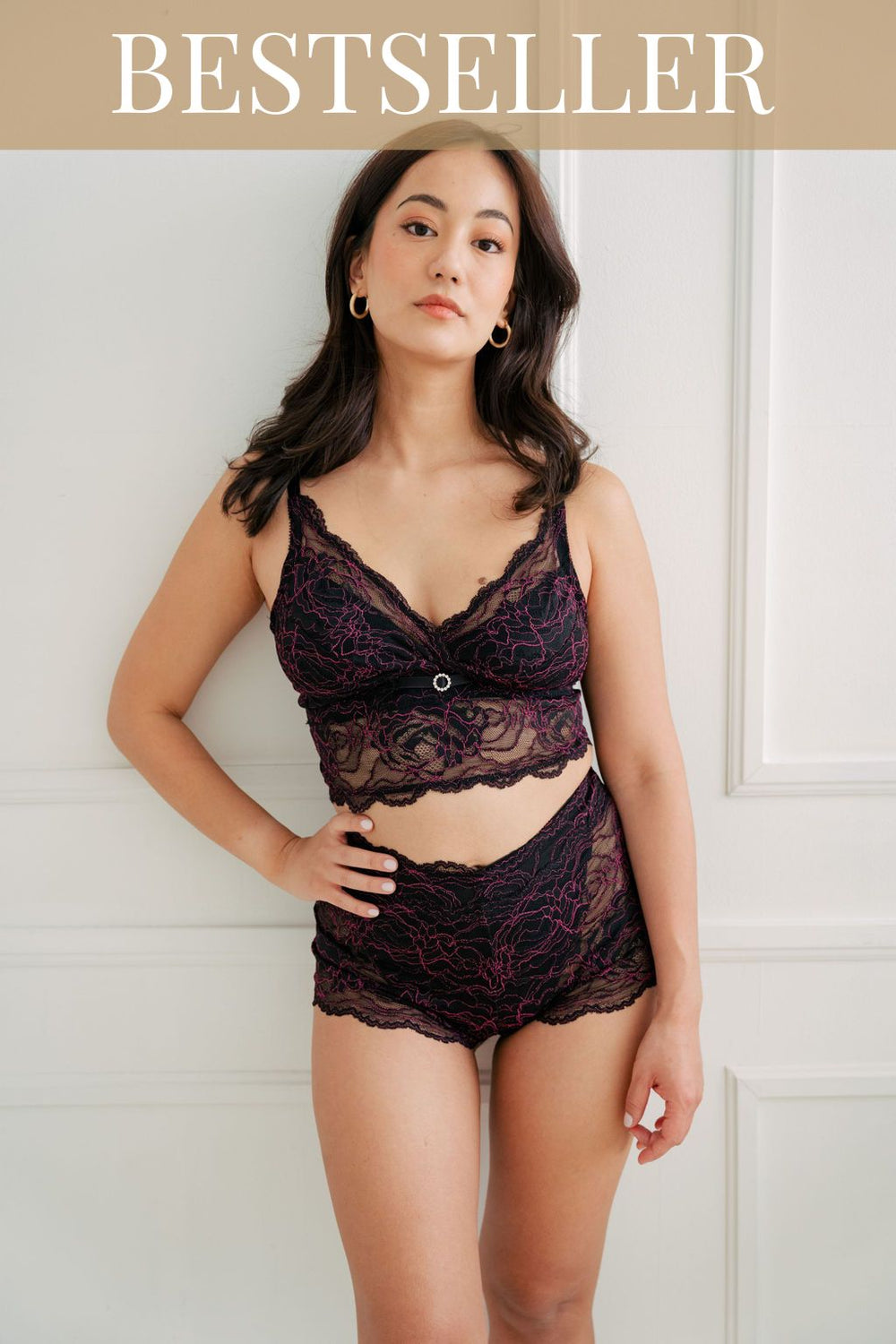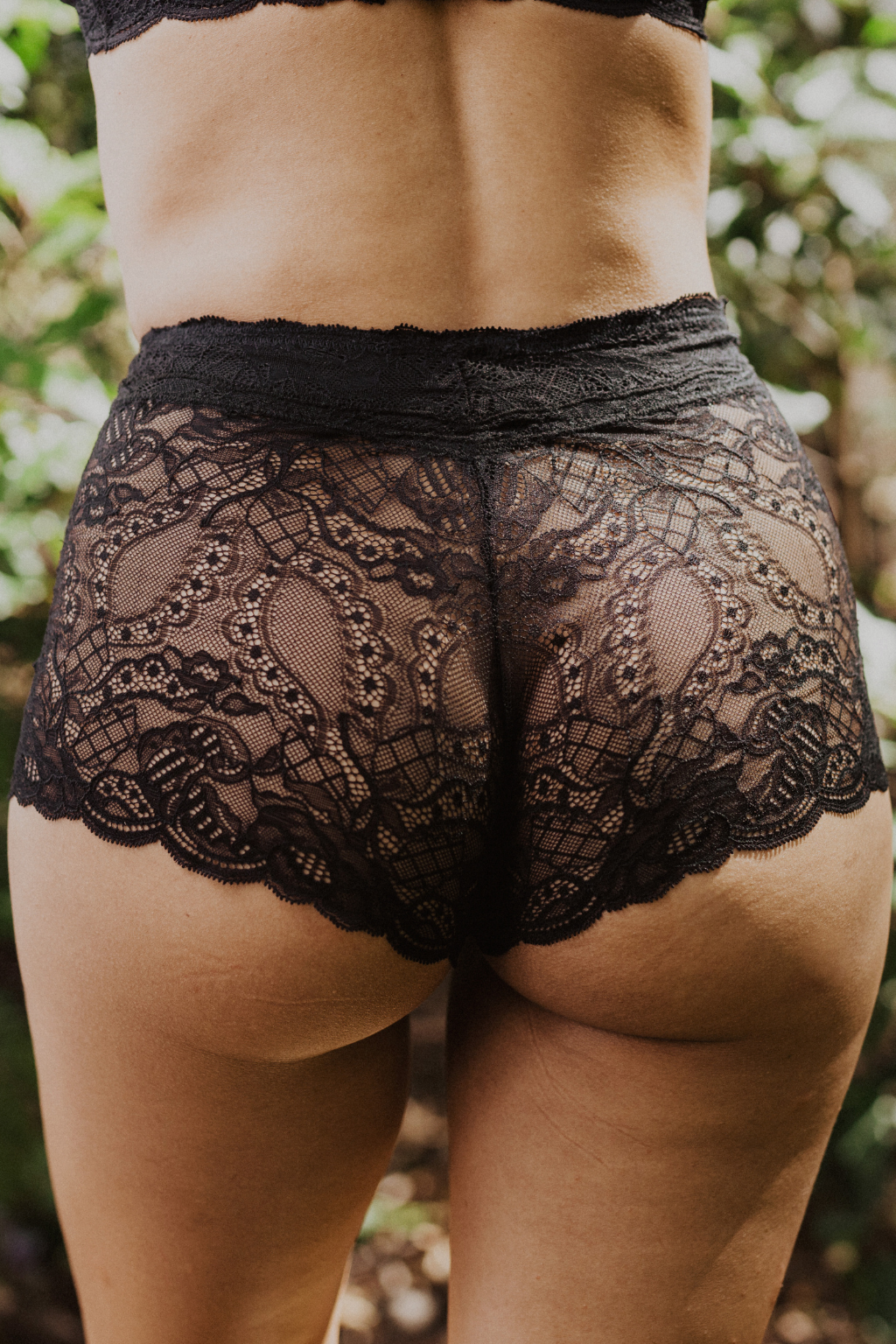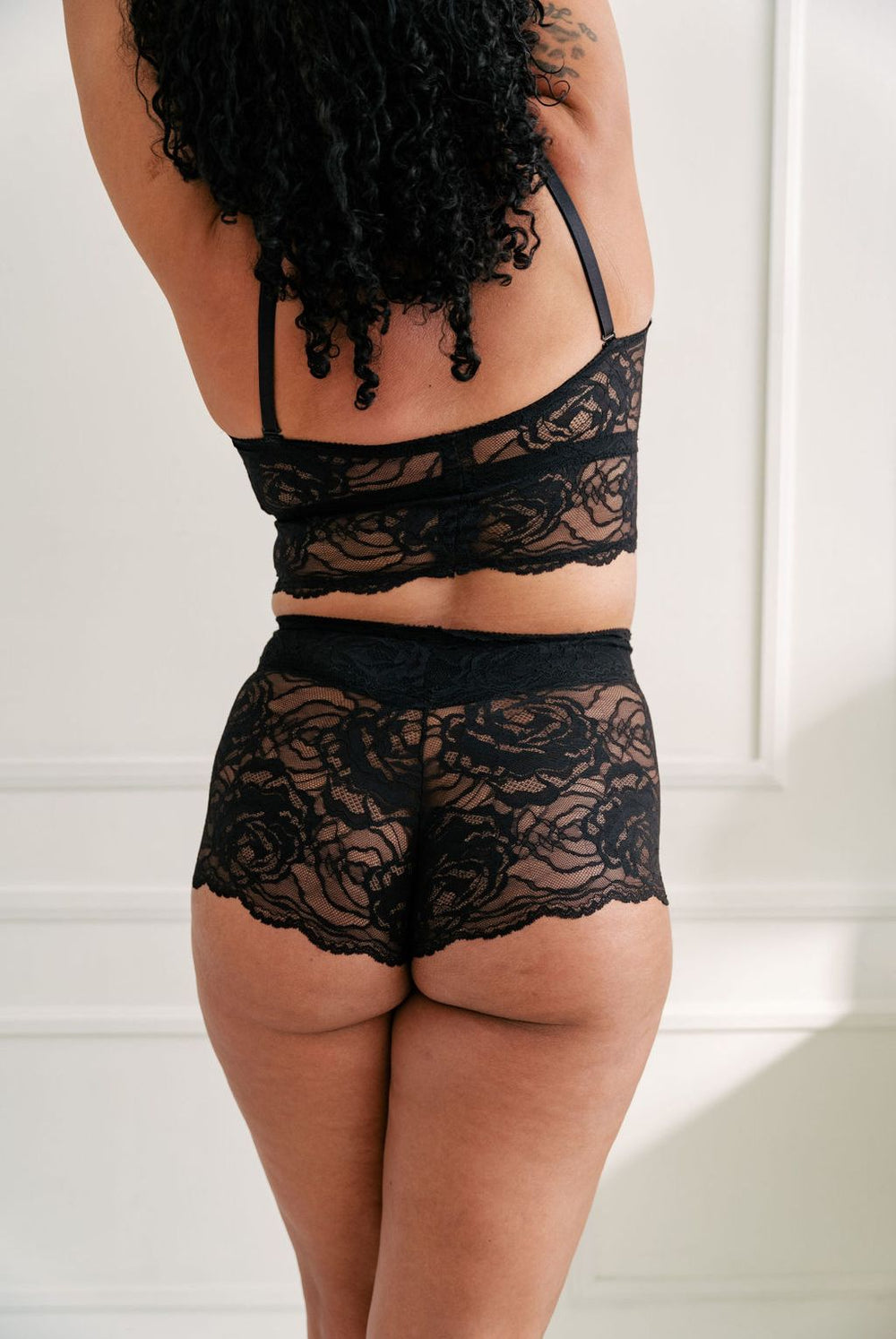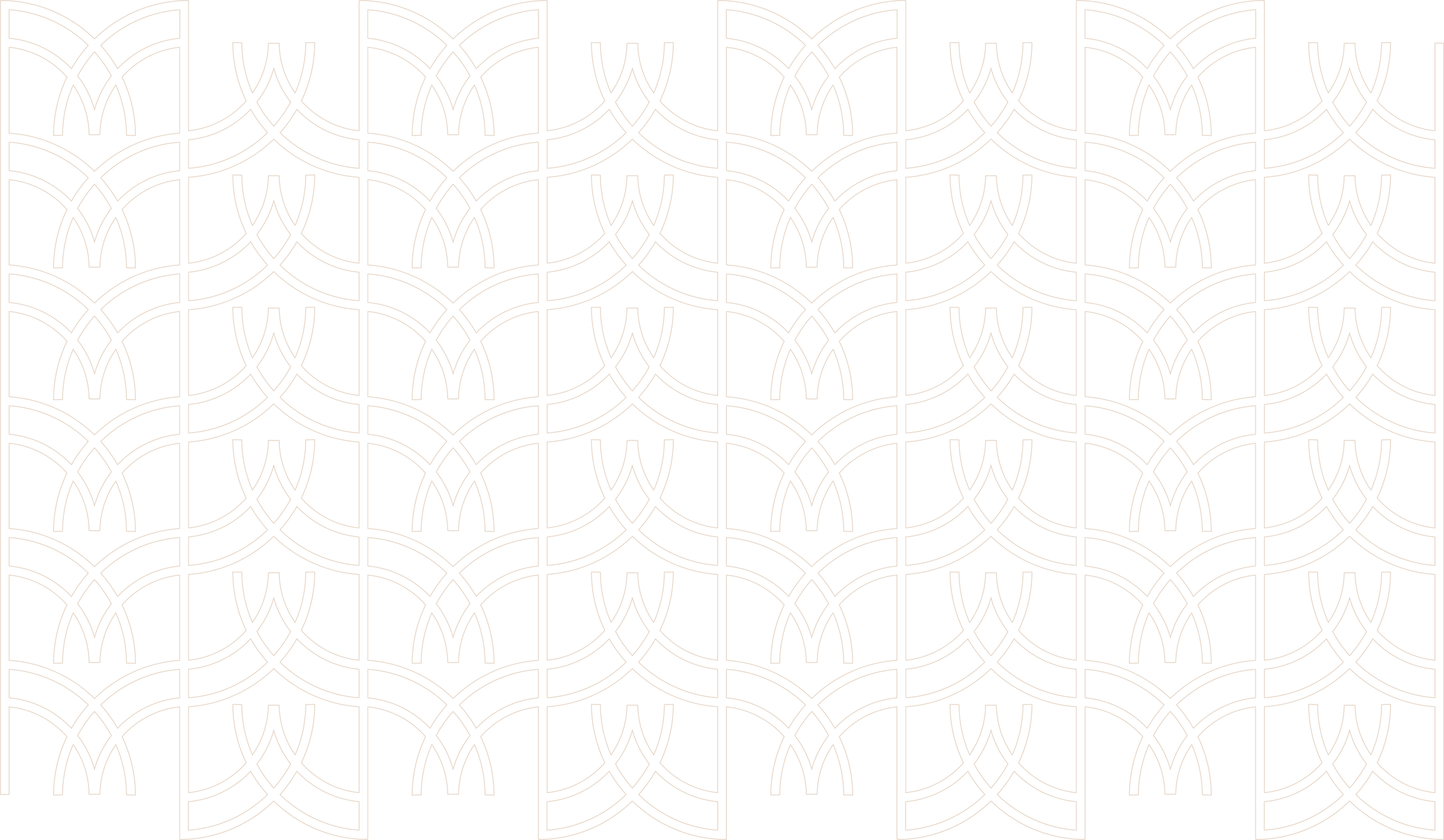
Meet Natalie Milakara
I'm Natalie! I’m an ethical luxury enthusiast, designer, mental health advocate, mother, small tattoo collector, and long-time advocate of putting ‘your money where your mouth is.’
It would be dishonest for me to say that I completely ‘unlearned’ bounce back expectations. I tried!
But those concepts are deeply ingrained in my brain. Due to having an eating disorder in my teens, I haven’t weighed myself in 20 years–and I’m firm about that, even at the doctor’s office. (If they want a number, then they weigh me with my eyes closed.)
Instead, I monitor muscle tone, how my clothes fit, flexibility, and stamina.
And I make damn sure my daughter never hears me saying negative things about my body!
Only praise like “wow I was able to run up the stairs so fast!” or “my shoulder muscles look great today!”

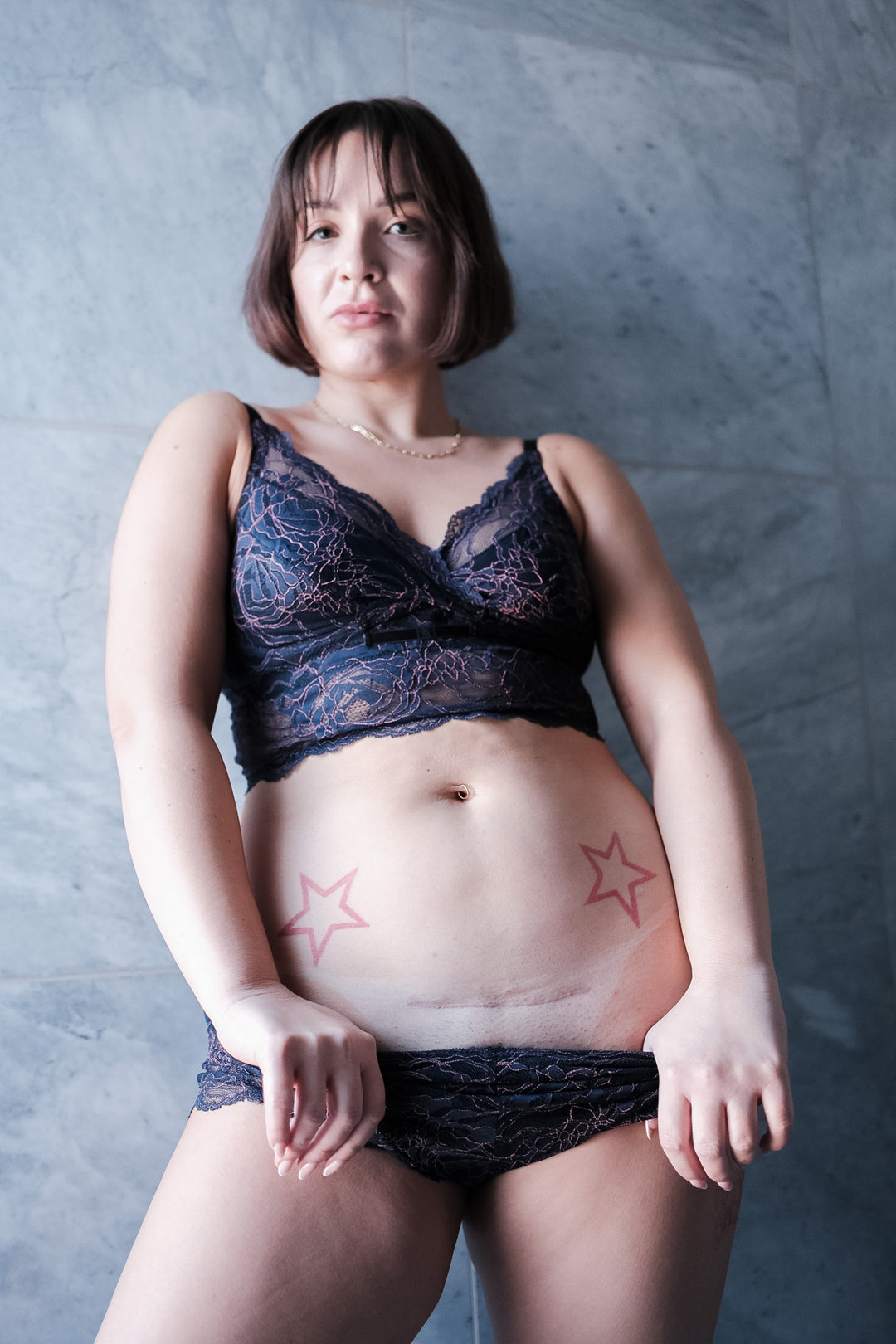
Lymphedema was a major consideration for me not to have my own children. One: the risk of further damaging my lymphatic system (which did happen, due to the emergency c-section) and thus more physical deformity.
And two: will this be a condition my child has to live with? I did face my fears and now I have the most wonderful little human. But those first few months being post-partum with Lymphedema were immensely humbling.
I oscillated between trying to be gentle with myself and care for the seemingly uncontrollable swelling that covered my entire lower body.
And then a sickening worry that it could become permanent if I don’t treat it immediately.
Despite instruction to be bed-bound, I started venturing twice a week to a Lymphedema specialist who helped me bring the accumulated fluid inside my body down.
I’m so grateful to myself that I advocated for myself in those early days post-partum and that I had a support system who could help. Three years out, the damage is minimal.
We only have this one life. People need to find their own “why”: why they refuse to bully themselves into some predefined mold; why they will choose celebration over remorse; why they will turn their back on what’s no longer serving them well; and why they will become their own best advocate in their journey for creating a beautiful life–no matter the cards you’ve been dealt.

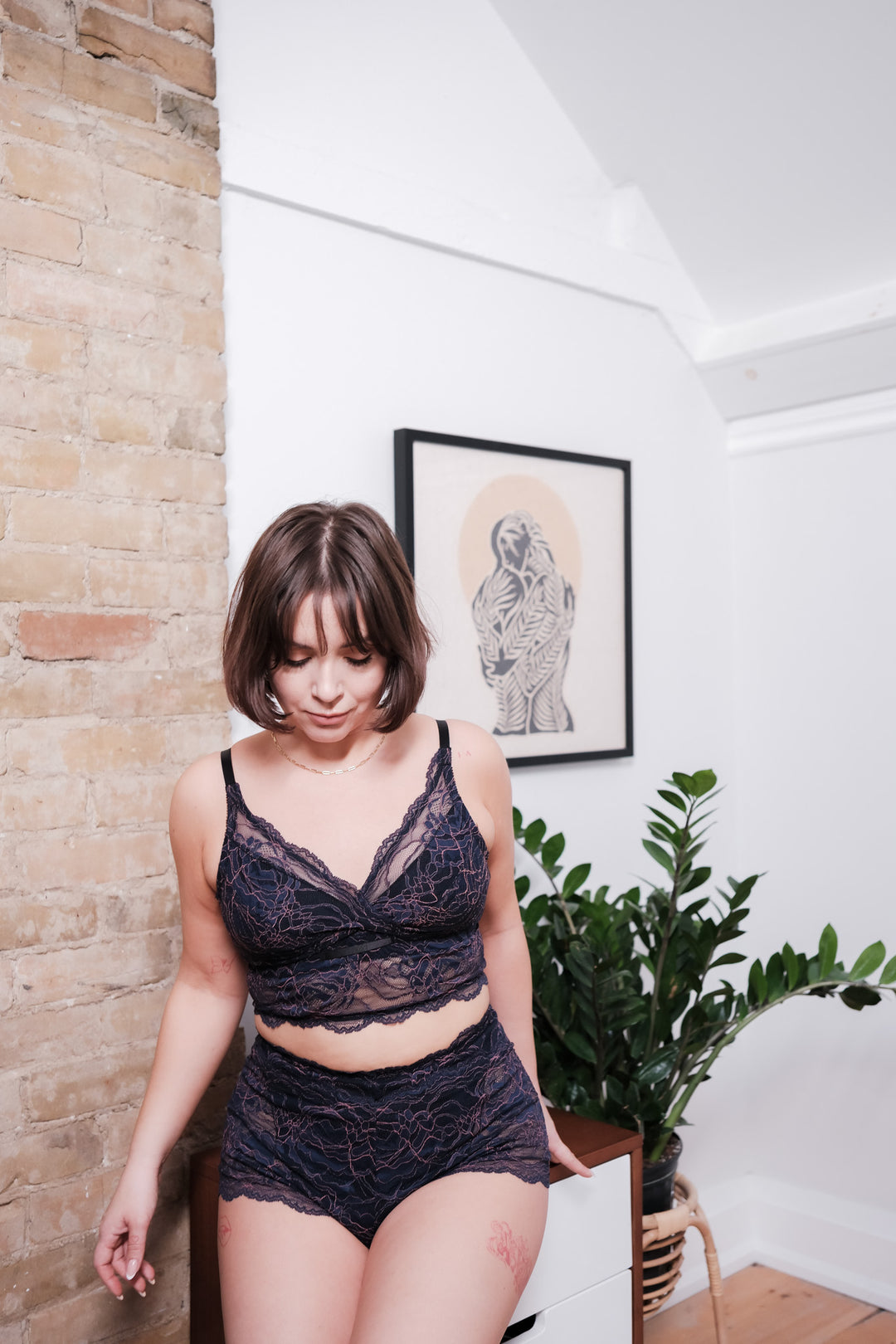
Fear. Just a chronic, crushing, all-encompassing fear. Panic about permanent damage done to the physical body.
Uncertainty about my value, since, yes, those decades of misogyny in media, pop culture and society has done too much damage to even see my worth beyond this outer shell.
Immediately followed by embarrassment for not being able to overcome those subconscious thoughts.
And the dreaded feeling of body-dysmorphia and overly-critical internal talk taking hold again after years of work to tame it.
Connect with Natalie
My website: https://thepurist.life/the-purist/
Facebook: https://www.facebook.com/nataliemilakara/
Instagram: https://www.instagram.com/the_purist_
Read More Stories View all



